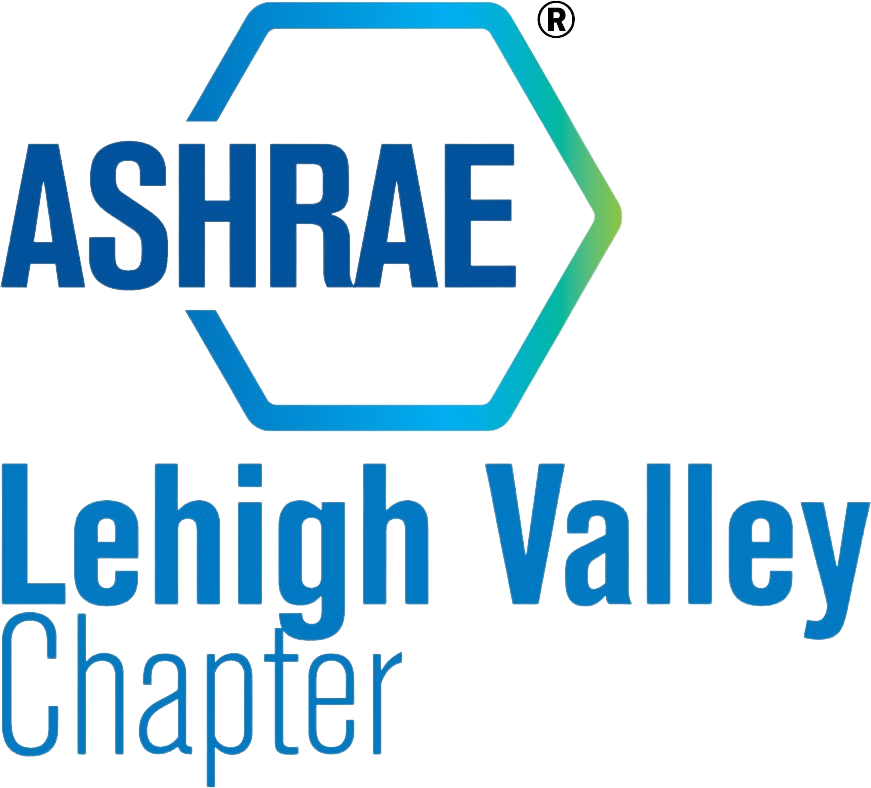LV Chapter Historian DEI
Erony Martin, Christine Smith
Christine Smith:
Where are you from? – York, PA
What is your degree in? – I have 4 degrees from Penn State – Management & Organization, Psychology, Spanish & International Studies.
What do you do? – I am the Director of Business Development at Keller Equipment Sales. We are a small company so I wear many hats. I build relationships with engineers, contractors, and manufacturers so that I can help make equipment selections and purchase equipment. I also handle IT within my company as well as marketing.
Why this field? – I entered the HVACR industry accidentally. My dad has his own company within the industry and I did not intend to join him there, but life changed my mind. I was looking at a role in marketing and sales within fire suppression and realized that if I was going to make such a big change of industry, I should switch to something I had more of a background in where I could also help my family.
What’s been a positive since you entered the industry? -
One of the hardest parts of a sales role in other industries is getting someone to open the door or pick up the phone to hear what you have to say. Within HVACR the products are a necessity. Whether it is basic equipment that has not changed in years or the latest up and coming technology, people want to hear about it. It is refreshing to be respected and heard as a sales rep.
Being one of the only women in the room also has its advantages. I am much more memorable when people meet me simply because I’m “the girl.” That makes it easier for contractors and engineers to remember who to call when they need that cabinet unit heater, have a question about valves and coil paks, or want more information on CRAC units.
What has been difficult since you entered the industry? Coming from a non-engineering background has made it much more difficult to come into this industry. I felt like everyone else was working with such a larger knowledge base than I was. I had to do a lot of research on my own to look up the basics (what’s a BTU?). It has taken a lot of time and acknowledgement that I do not have all the answers, but I now feel like I have a solid base of understanding.
Has anything or anyone helped the cause? Was the help necessary, made life easier, made life harder? The contractors and engineers themselves have been very helpful. I do not feel that I’m treated any differently because I’m a woman but I can tell you that as a person this industry has helped me grow. Contractors and engineers are patient with me when I don’t have an immediate answer. They value that I try to be accurate and efficient with getting information to them.
What would you like to see change in the industry, if anything? Doesn’t have to be DEI related, can be ‘free coffee in the breakroom’ whatever.
I feel the industry should continue to focus more on both energy savings and safety of occupants within the buildings we condition. COVID highlighted the importance of spatial conditioning as an industry and brought us into the public eye. Because of this, many of the health options that we previously had available are being recognized as a necessity instead of a ‘nice to have.’ They are being integrated into ASHRAE standards and are becoming more widely accepted. For example, Keller Equipment has been selling CRAC units for decades with the ability to add air and water side economizers and free cooling to boost data center efficiencies along with UV lights within ductwork and higher efficiency filters (such as MERV 13) to help eliminate the smaller micron particles. These options have all been available but have been cost prohibitive of putting these technologies into place. With the growing value of ESG for owners and investors, they’re focusing on high efficiency and utilizing ASHRAE to inform their decision making and prioritize the funding to build more sustainable projects. I’d like to continue to see the industry progress forward with accepting and encouraging these energy efficient options despite the cost.
